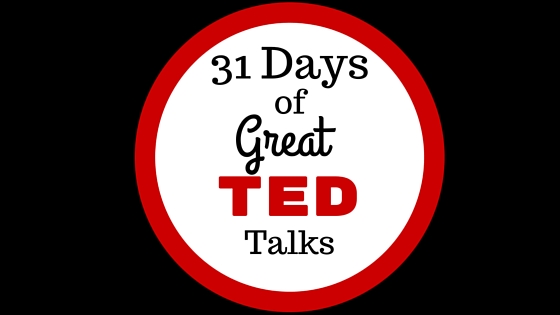If you ever had a stroke or know someone who has, don’t miss this talk by Jill Bolte Taylor.
Bolte Taylor is a brain scientist who suffered a massive hemorrhagic stroke and lived not only to tell about it but show us how it’s possible to rebuild connections in the brain after a devastating event like that.
I have read her book, “My Stroke of Insight” repeatedly and refer it to people all the time. It’s one that borrowed from my mom but wanted my own copy.
Bolte Taylor does such a good job of explaining the difference between experiencing the world through her right brain for the very first time when the stroke damaged the left hemisphere. She tells how caregivers with high energy and sudden movements overwhelmed her and how her mom was her fiercest advocate and protector during her recovery. (I don’t want to give more than that away but her mom quickly became the hero of the story).
The other part I loved was her explanation of how a negative thought transmits chemicals through the entire body in about 15 seconds and her conscious efforts after the stroke to minimize or eliminate negative thoughts because of that.
Disclosure: This post contains affiliate links. If you make a purchase through a link, I receive a small commission at no extra cost to you.

